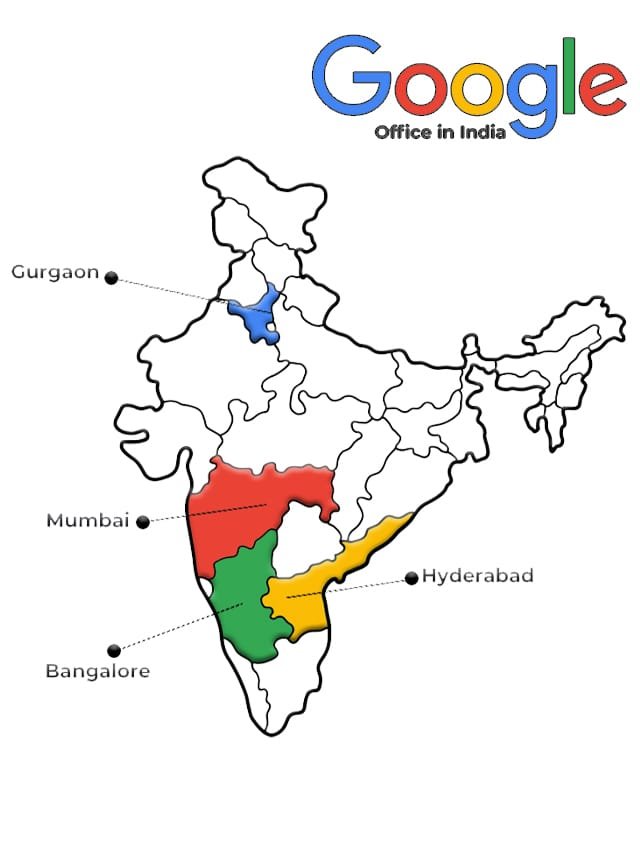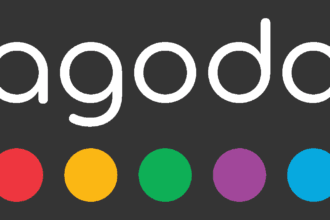Are you ready to launch your career with one of the world’s leading tech giants? Wondering how to gain hands-on experience working on cutting-edge hardware technologies?
Google Hardware Engineering Intern 2025 in Bengaluru might just be your perfect opportunity. Whether you’re in your final year of a Bachelor’s, Master’s, or dual degree program in Electronics Engineering or Electrical Engineering, this internship offers you a chance to dive into real-world engineering problems while working alongside experts in one of the most innovative divisions—Google’s Consumer Hardware Silicon division (gChips).
Why Choose a Google Hardware Engineering Internship?
Google is more than just a search engine. It’s a hub of innovation that powers much of the technology we interact with every day. By joining the Google Hardware Engineering Internship in Bengaluru, you gain:
- Hands-on Experience: Work on chips designed for Google-branded consumer devices such as SoCs and ASICs.
- Networking Opportunities: Collaborate with a global team of engineers and tech leaders.
- Real-World Problem Solving: Apply classroom knowledge to develop next-generation consumer hardware.
- Skill Development: Learn industry-leading tools and methodologies such as Verilog/HDL coding, EDA tools, and scripting languages like Python or Perl.
Internship Details
This 22-24 week internship starts in January 2025, offering students a unique opportunity to develop their hardware engineering skills. It’s tailored for students graduating in 2025 from Bachelor’s, Master’s, or dual degree programs in Electronics Engineering, Electrical Engineering, or related fields.
To qualify, candidates must meet the following requirements:
Minimum Qualifications
- Currently enrolled in a relevant degree program.
- Experience with hardware design concepts and computer architecture.
- Proven skills in electrical engineering through previous internships, projects, or academic coursework.
- Fluency in English for technical discussions.
Preferred Qualifications
- Familiarity with SoC/ASIC Design and Design Verification.
- Experience in Verilog/HDL coding or scripting languages (Python, TCL, Perl).
- Knowledge of EDA tools (Lint, CDC, Synthesis) or low power techniques.
Responsibilities
As a Hardware Engineering Intern, you’ll have diverse responsibilities including:
- Power Optimization: Helping to develop chips that are optimized for power and performance.
- Design and Verification: Contributing to the verification and silicon implementation of hardware designs.
- Collaboration: Working with remote teams to automate design flows.
You’ll be working on a variety of tasks, ensuring you walk away with a deep understanding of chip design and development.
Skills You Will Learn
The skills you’ll develop during this internship will set you up for a career in hardware engineering:
- SoC/ASIC Design: Learn how Google builds its specialized chips for consumer devices.
- EDA Tools: Gain hands-on experience with industry-standard design tools.
- Verilog/HDL Coding: Get familiar with hardware description languages.
- Scripting: Learn powerful scripting languages that streamline design automation.
How to Apply
Applying is straightforward. You’ll need an updated CV, a current transcript, and a strong desire to learn. Follow these steps to submit your application:
- Prepare Your CV: Highlight your experience with coding languages and hardware engineering.
- Transcript: Upload an official or unofficial transcript in English.
- Click Apply: Visit the application page and follow the steps.
Make sure your CV highlights any proficiency in coding languages or past projects in hardware engineering.
Frequently Asked Questions (FAQs)
1. What are the dates of the internship?
The internship will run from January 2025 and last for 22-24 weeks.
2. Who can apply?
Students who will graduate in 2025 with a Bachelor’s, Master’s, or dual degree in Electronics Engineering, Electrical Engineering, or a related technical field.
3. What skills should I include on my CV?
Make sure to list your experience with hardware design, coding languages like Verilog/HDL, and any projects you’ve completed that involve EDA tools or hardware architecture.
Final Note
Thank you for considering Course Bhai as your resource for career opportunities. If you’d like to stay up-to-date with the latest internships, jobs, and learning opportunities, be sure to follow us on social media or subscribe to our newsletter and push notification







![Remote Neural Machine Translation Internship at Sony Research, India [6 Months] Best Apply Now in 2025 11 sony](https://coursebhai.com/wp-content/uploads/2025/10/Untitled-1200-x-628-px-70-330x220.png)






